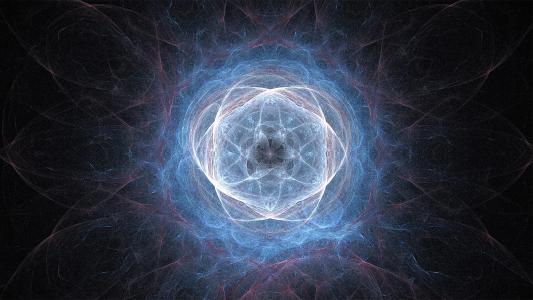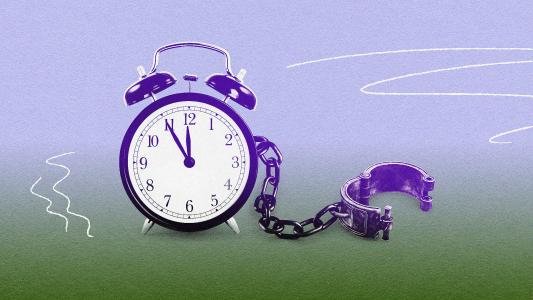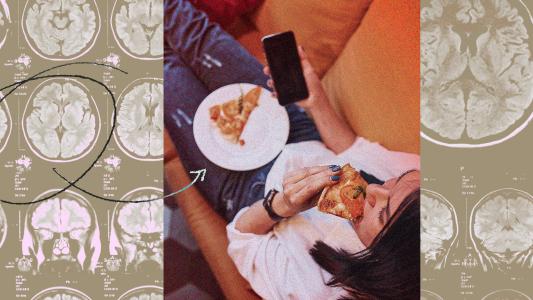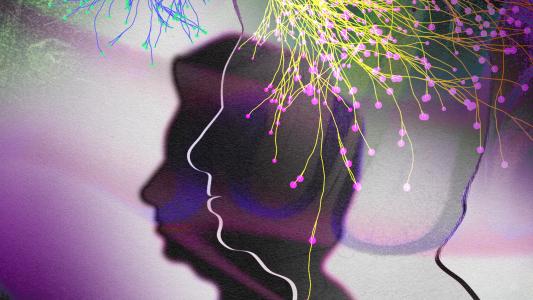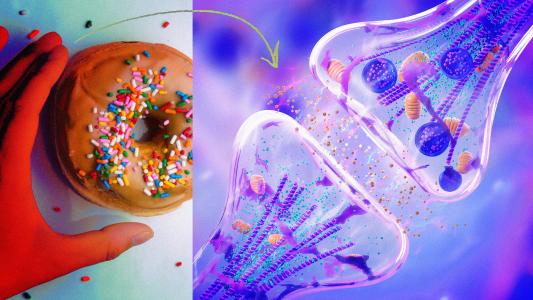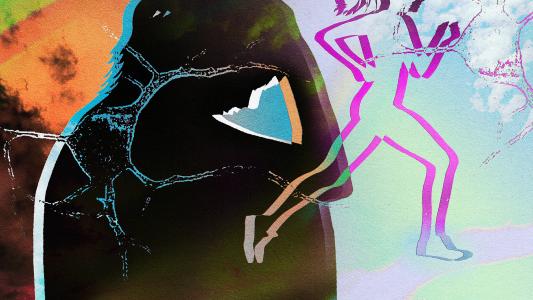Psychology
The next era of psychedelics may be precision-designed states of consciousness
A look inside Mindstate Design Labs' effort to design drugs that reliably produce specific states of consciousness.
Beyond screen time: Rethinking kids’ tech use with the “Goldilocks hypothesis”
The "Goldilocks hypothesis" asks parents to think beyond screen time and consider the habits that teens build around technology use.
Oxytocin’s effects aren’t just about love
At last, neuroscientists are learning how the hormone shapes social behaviors such as pair-bonding and parental care. It’s more complicated than they thought.
Psychedelic drugs and the law: What’s next?
The push to legalize magic mushrooms, MDMA, LSD, and other hallucinogens is likely to heighten tensions between state and federal law.
How much stress is too much? A psychiatrist explains
Some stress is good for you, but toxic stress, on the other hand, wears down your stress response system in ways that have lasting effects.
Trapped in routine? Here’s how to “dishabituate” and rediscover joy
Neuroscientist Tali Sharot shares two ways to "dishabituate" yourself from your routine: take a break or make a change.
The hunger-boredom paradigm explained by scientists
True hunger builds gradually and can be satisfied by any source of food, but emotional eating (including eating out of boredom) is insatiable.
How cognition changes before dementia hits
Language-processing difficulties are an indicator of amnestic mild cognitive impairment (aMCI), a risk factor for dementia.
Serotonin plays a key role in patience and impulse control, research says
Evidence suggests that there is in fact a neurological factor to the brain's ability to control impulses and manage patience.
Running or yoga can help beat depression, research shows – even if it’s the last thing you feel like
Exercise can be just as impactful in treating depression as therapy, but it matters what type of exercise you do and how you do it.
